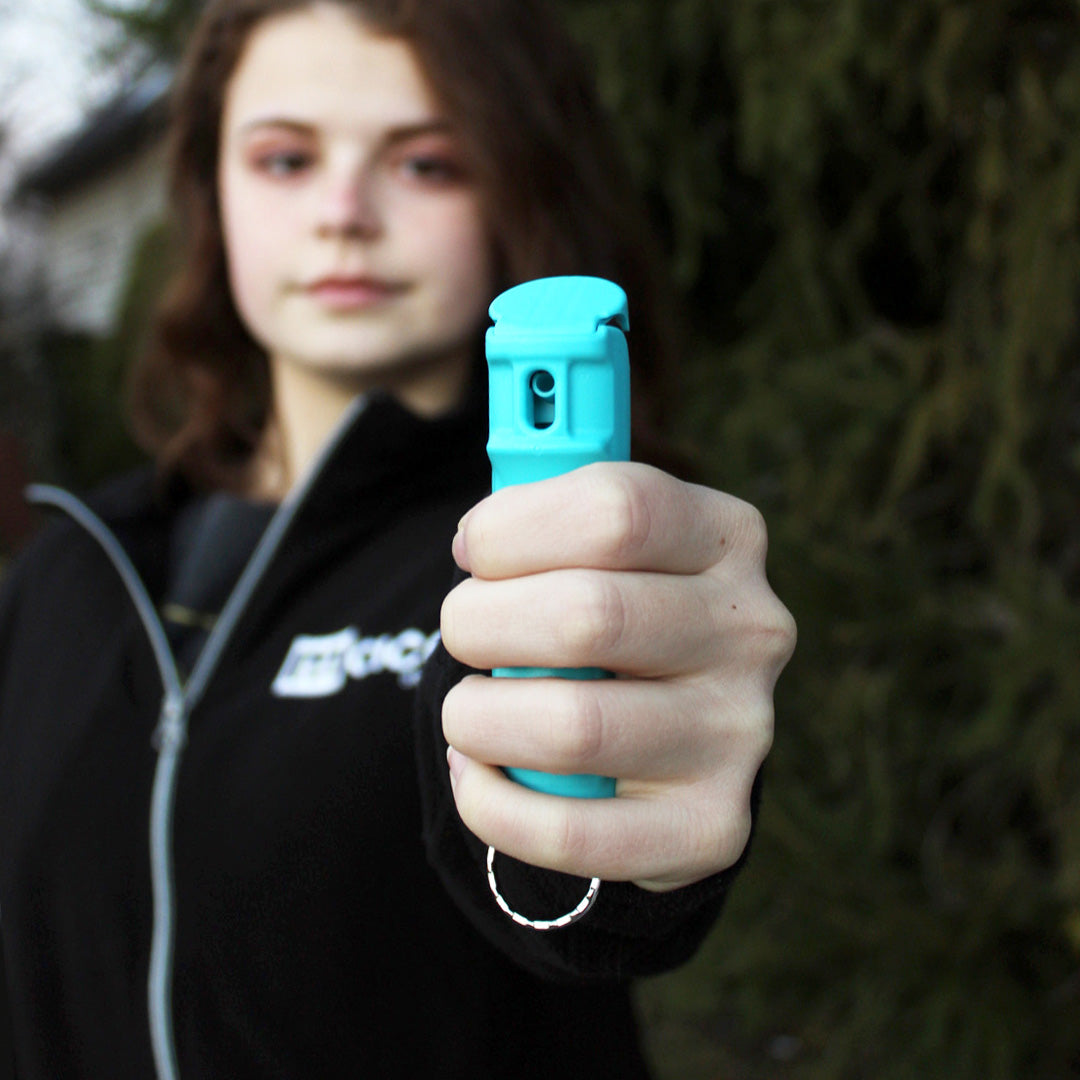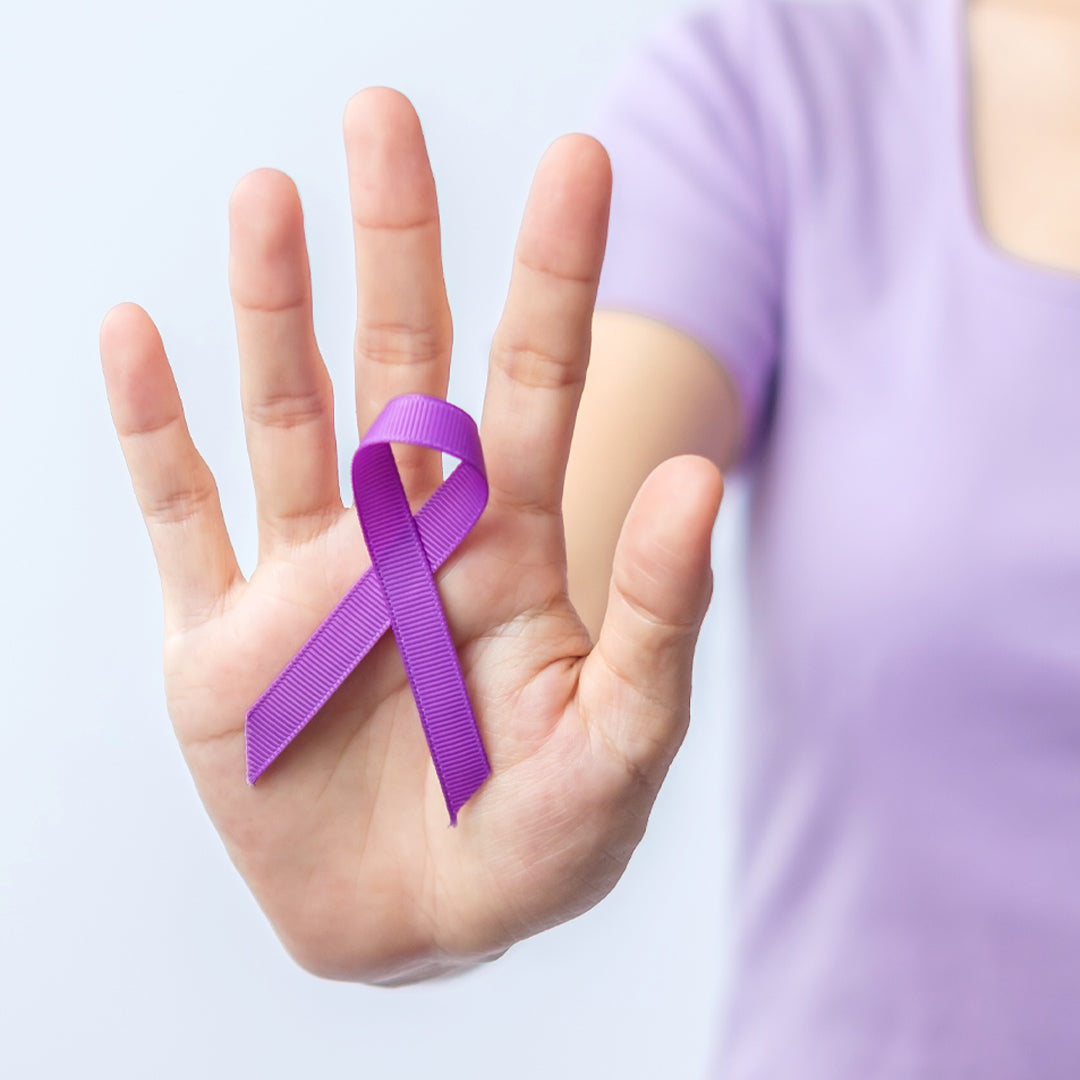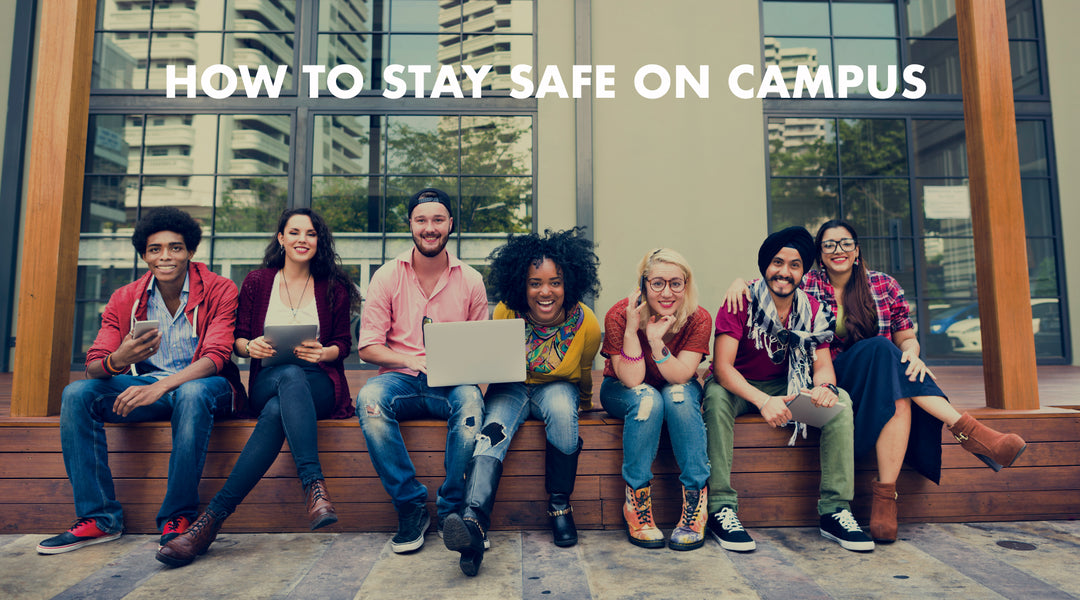3 Things to Know About Sexual Assault Awareness Month
By: Jennifer Cassatta
April is Sexual Assault Awareness Month (SAAM) and it is a great time to raise awareness and help put an end to sexual assault. We no longer need to act like sexual assault is a taboo subject, not to be spoken about. For this month, at least, we can talk, share and support survivors of sexual assault.
Here are 3 things everyone should know about sexual assault and how to join the cause to help change the culture and prevent sexual assault from happening:
What is it and who is at risk?
No group of society is safe from sexual assault, although the majority of survivors are women. About one in five women (18.3%) and one in 71 men (1.4%) in the U.S. have been raped at some time in their lives. *
On college campuses specifically, the statistics are even worse. One in four college women will be the victim of a sexual assault and one in 16 men will also.
What is rape culture and how do we combat it?
Rape culture is a term that is used to describe an environment in which rape is normalized in a society. There are many examples of rape culture prevalent in our society but in general, it is recognized when women’s bodies are objectified, misogynistic language is used and when sexual violence (mostly against women) is glamorized in the media.
To combat rape culture, we can take a stand against people who use misogynistic language. We can stand up to people who dismiss sexual assault as the victim’s fault. We can stop watching or buying media that glamorizes sexual violence against women and certainly not allow our children to consume it either.
For the future, we can teach our younger generation the importance of respectful, healthy relationships and the definition of consent in hopes they will grow up to practice these values.
How can we help support survivors?
Being a survivor of sexual assault affects people on a deep emotional and psychological level. Survivors need support from others and professional counseling can be extremely helpful.
Checking in with survivors to make sure they feel supported is important. Also critical is to believe survivors when they share stories and assure them that it is not their fault. Sexual assault happens when assaulters choose to assault and rapists choose to rape, not due to any fault of the survivor. Never question a survivor on why it happened to him or her.
If you are a college student, member of a fraternity or sorority, or a faculty member, you can head to the NSVRC website for campaign ideas and organize a SAAM event this month.
Lastly, if a survivor confides in you, and you are not sure how to support them, you can contact RAINN (www.rainn.org) for advice. RAINN even offers free counseling to survivors.
*All statistics found on the NSVRC.org website.





Leave a comment